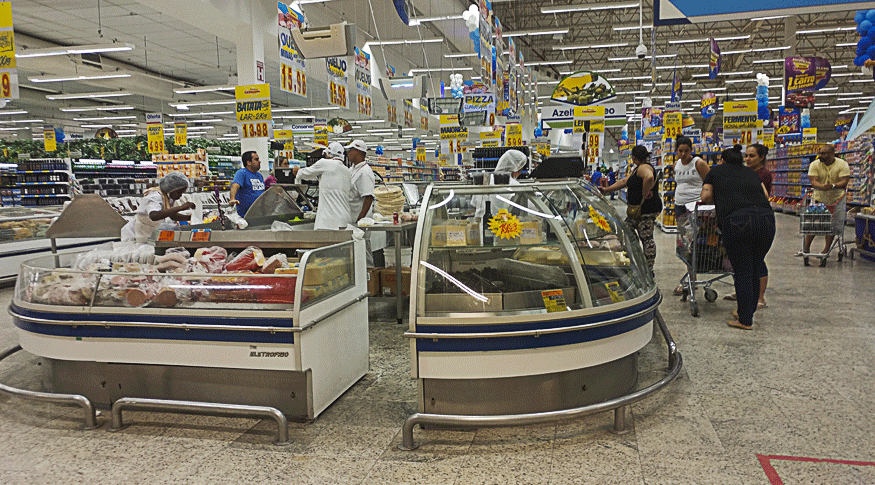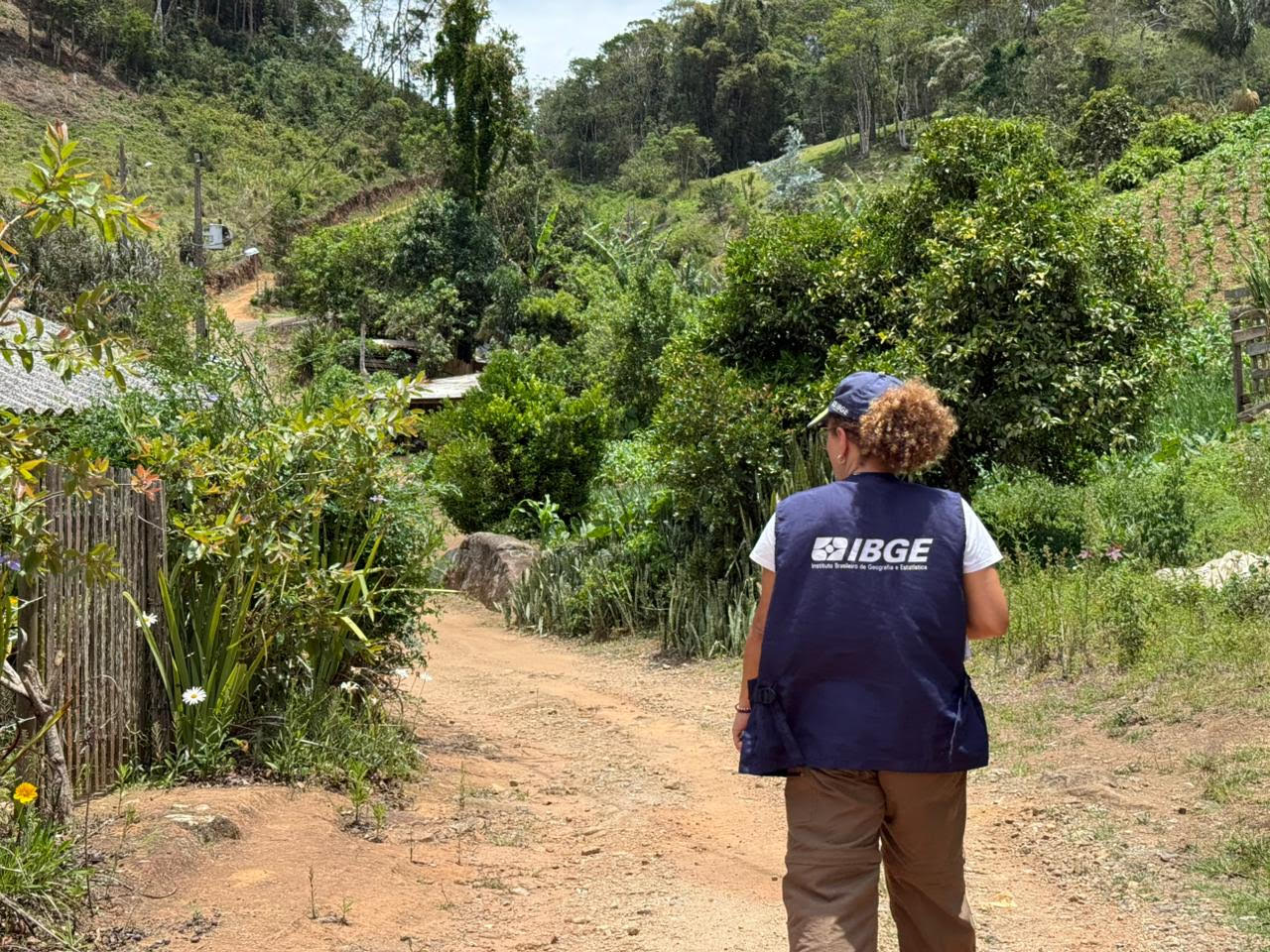Monthly Survey of Trade
Rise in supermarket sales limits retail losses to 2.5% in March
May 13, 2020 09h00 AM | Last Updated: May 13, 2020 01h56 PM

According to the Monthly Survey of Trade - PMC released today (13) by the IBGE, the impact of the Covid-19 pandemic can be seen in March with the drop of 2.5% in the sales of the retail trade in relation to February. This is the worst result for March since 2003, when the sector registered -2.7%. Leveraged by six out of the eight activities surveyed, the drop was not more intense due to areas considered essential during the period of social distancing.
It is the case of the activity of hypermarkets and supermarkets, which gathers food products, beverage and tobacco, with a rise of 14.6%, and of pharmaceuticals, medical and orthopedic articles, toiletries and cosmetics, with a rise of 1.3%. They were the two only sectors that increased their sales over February.
The hypermarkets and supermarkets concentrated the expenditures of families in this period, causing a strong positive change and making the cumulative index in the year for this activity, which recorded a low dynamism up to February, become an increase of 4.1% until March.
"March was very impacted by the strategy of social distancing adopted in some of the most important and populated cities from the second half of the month onwards. These cities considered hypermarkets and supermarkets and pharmaceuticals essential activities, whereas the other closed their doors in the streets and shopping malls", says Cristiano Santos, manager of the PMC. He added that, of the total number of 36.7 enterprises in the survey´s sample, 14.5% registered the impact of the Covid-19 as the major cause of change in their revenue.
Santos also explains that the sector of hypermarkets and supermarkets has a significant share in the trade, which increased even more in March. "Its weight in the retail was below 50% last month and jumped to 55% in March, causing the index to be held steady by this activity", highlights him.
Volume of sales in the retail retreated 1.2% in relation to March last year, the first drop after 11 positive months in a row. In the year, the retail recorded an increase of 1.6% from January to March. Concerning the cumulative index over the last 12 months, the sector changed from 1.9% in February to 2.1% in March. The IBGE also revised the February´s rate over January, from 1.2% to 0.5%.
Sales drop in six of eight activities
Among the eight activities surveyed, six of them recorded negative rates compared with February, especially those that had their physical stores closed from the second half of March onwards. They are fabric, apparel and footwear (-42.2%), books, newspapers, magazines and stationery (-36.1%), other articles of personal and domestic use (-27.4%), furniture and household appliances (-25.9%), office, computer and communication material and equipment (-14.2%), fuels and lubricants (-12.5%) that influenced the overall result of the retail.
"Between February and March, every activity posted a two-digit change, except for pharmaceuticals. It is worth noticing that hypermarkets sell not only food products, but also waring apparel, furniture and household appliances. This caused an upward movement of this activity, since part of these products had their sales transferred from the specialized stores to hypermarkets and supermarkets", analyzes Santos.
Extended retail falls 13.7%, the most intense drop since 2003
Considering the extended retail, which includes the activities of Vehicles, motorcycles, parts and pieces and Construction material, volume of sales declined 13.7% in relation to February 2020, the most intense drop since the beginning of the time series, started in 2003. In this same comparison, vehicles, motorcycles, parts and pieces retreated 36.4%, whereas construction material dropped 17.1%, after positive changes of 0.1% and 0.2% in the previous month, respectively.
Compared with March 2019, the extended retail fell 6.3% against an increase of 3% in February 2020, the first drop after 11 consecutive months of positive changes in this indicator. As a result, the sector remained stable (0.0%) in the cumulative indicator in the year, against an increase of 3.2% in the previous month. Having registered 3.3% in the cumulative indicator over the last 12 months up to March, the extended retail improved a downward path that has been occurring since January 2020 (3.9%).
Having retreated 20.8% in relation to March 2019, the sector of vehicles, motorcycles, parts and pieces interrupted a series of ten positive changes started in April 2019, exerting the major negative contribution to the result of the extended retail. Having dropped 7.6% in relation to March 2019, the segment of construction material recorded the second consecutive negative rate in this comparison.



















